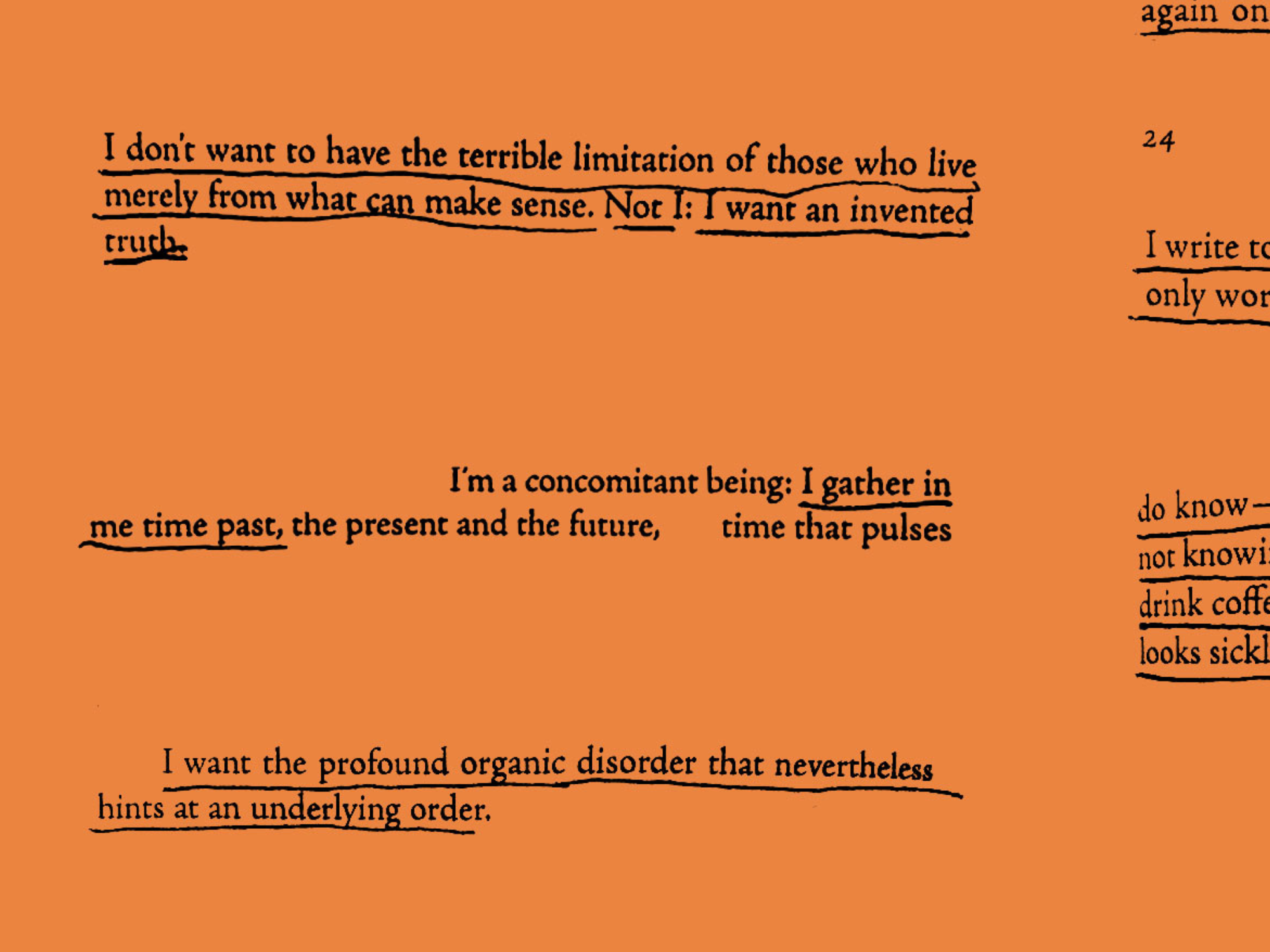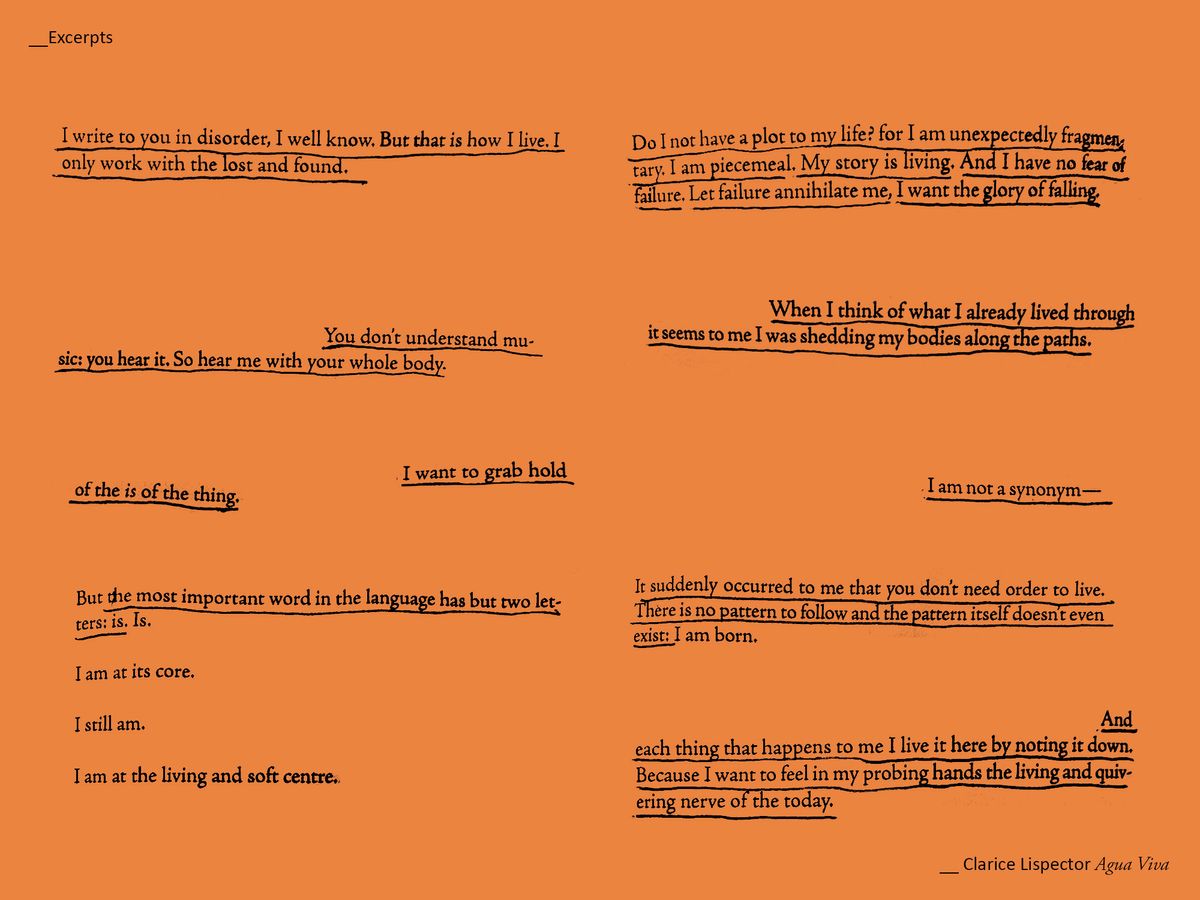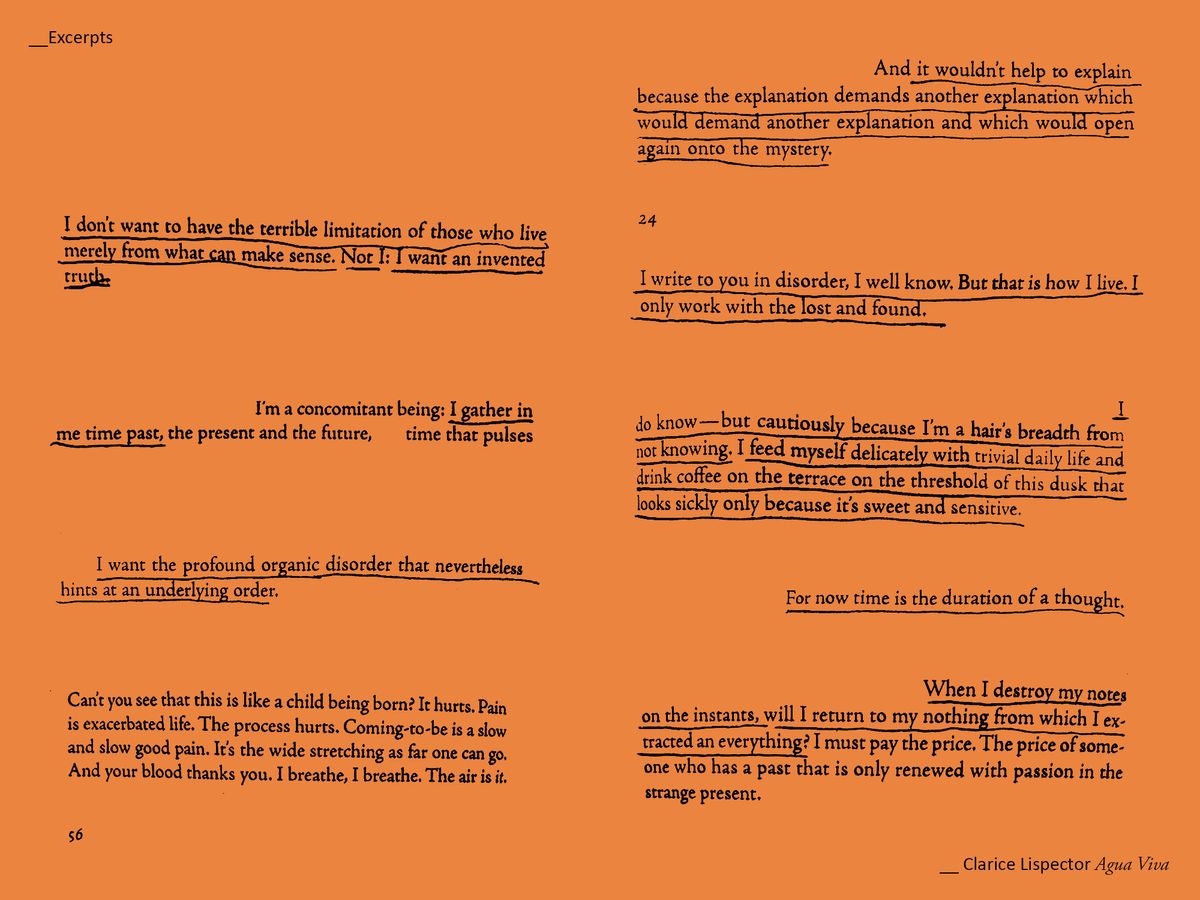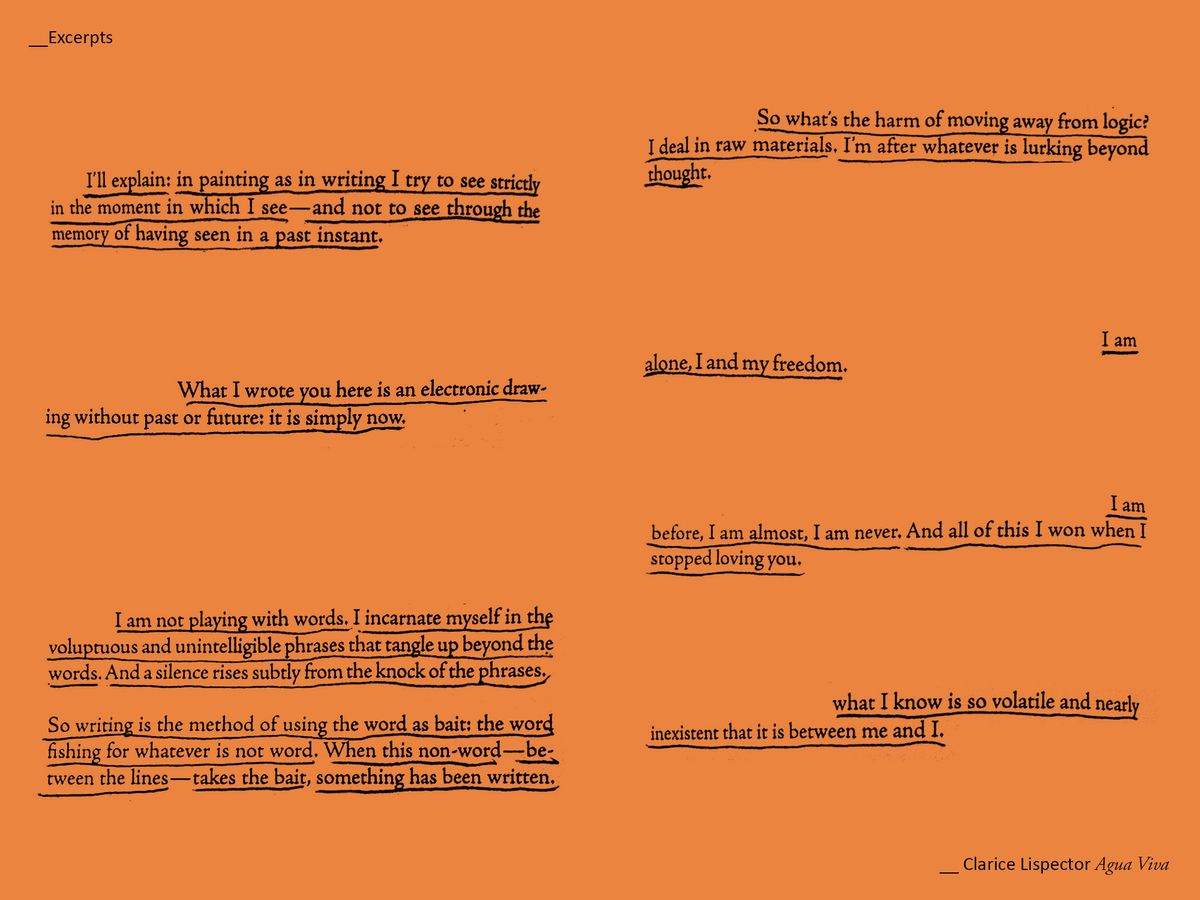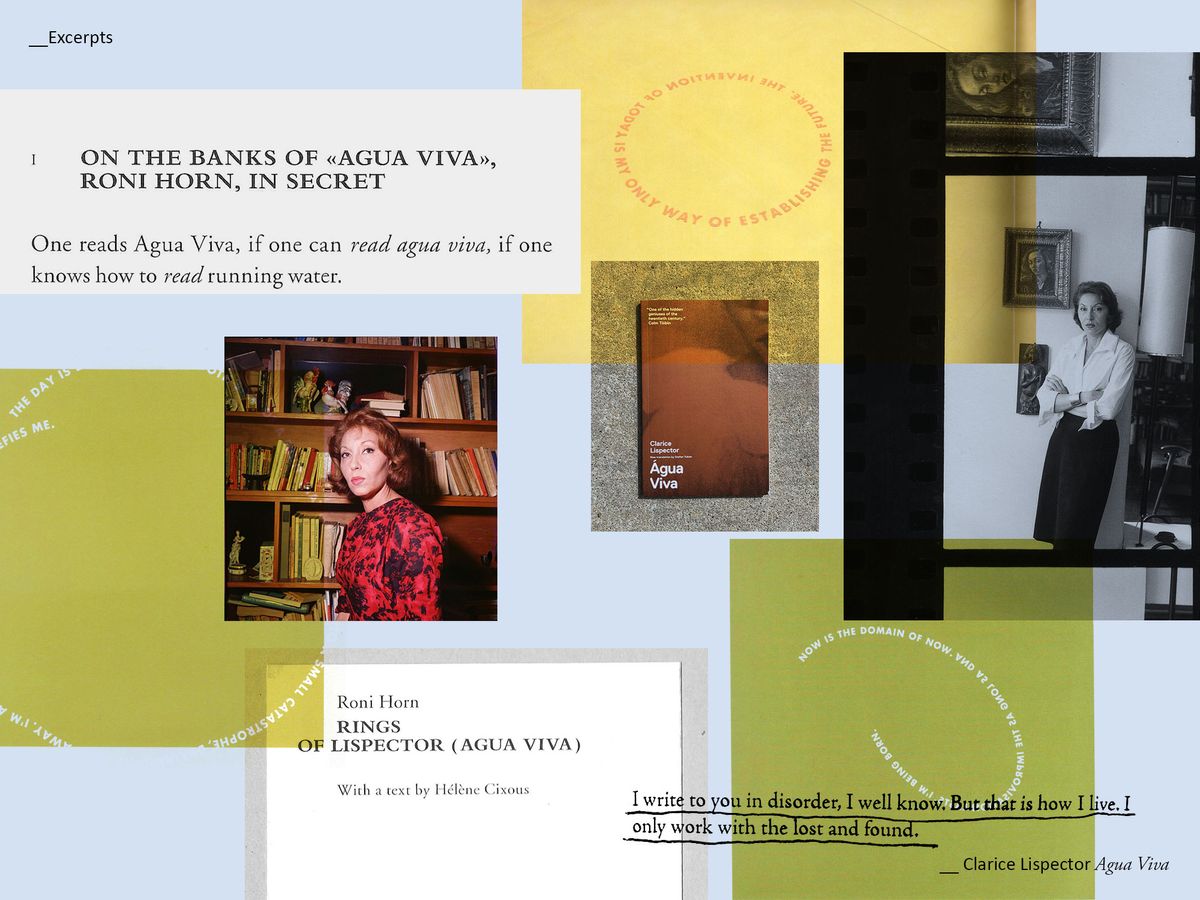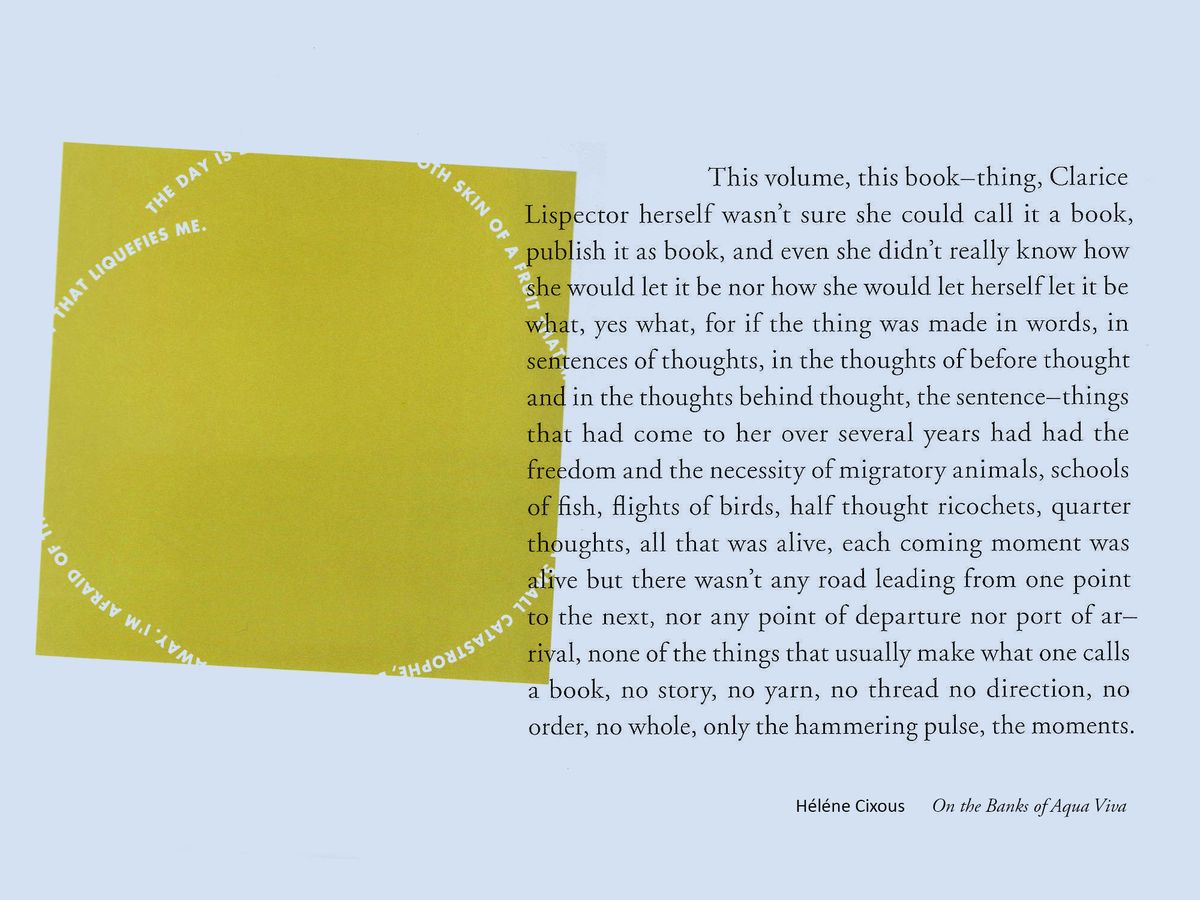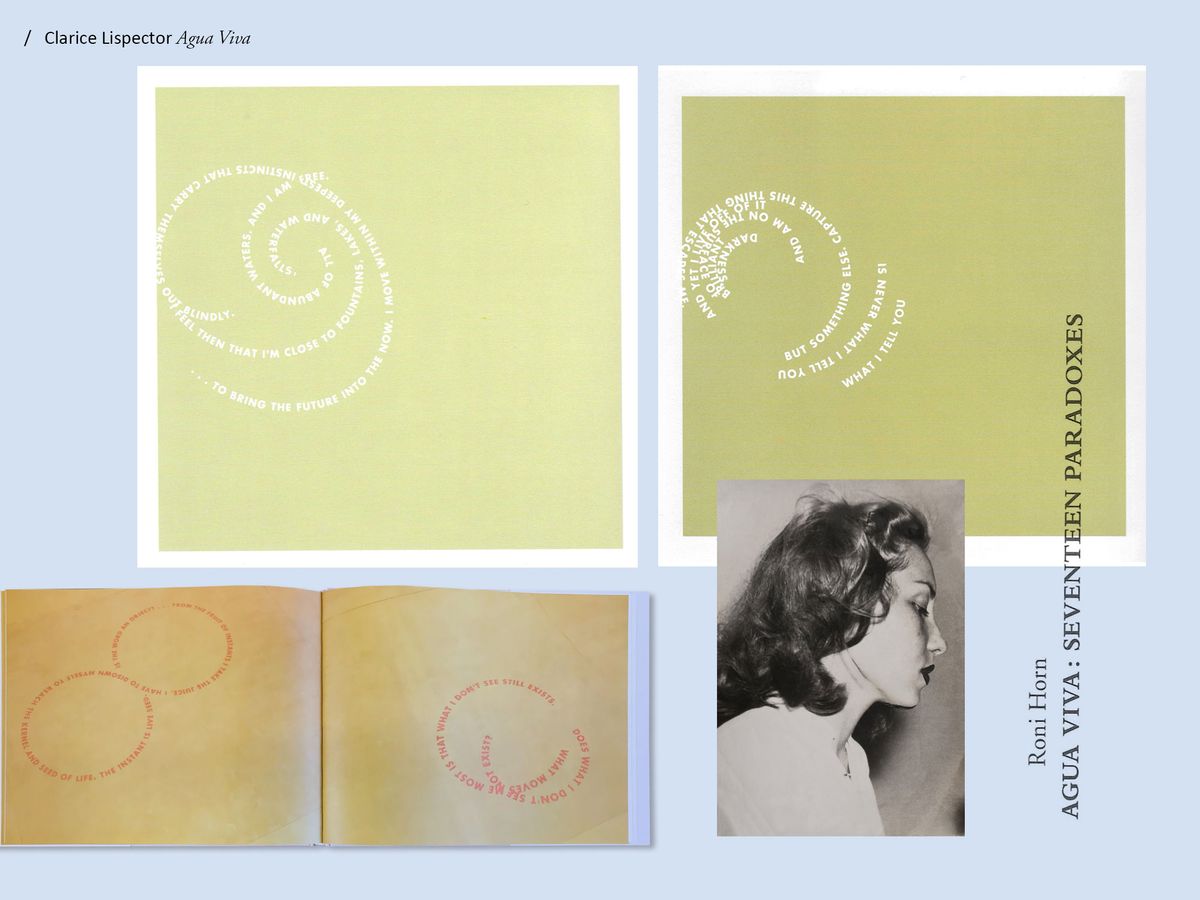This morning I took time for pleasure. It took longer than expected — pleasure is inefficient.
This is not something I do freely, especially on a weekday, but it’s a practice I practise (when possible) to override the metronome of my own sense of importance, which (unchecked) creates a sense of impatience .
I was thinking about the forward momentum of impatience, how it pushes us along, and how subtle it can be — how much it plays in the background of our lives as though it just is. And how that sense of isness is actually more malleable than assumed when looked at up close.
Momentum and impatience is, of course, about time (maybe every human thing is about time:)) and our sense of time is a sort of cultural agreement - and not an inherent fact of existence. It is an agreement that is imposed on us, mostly from the family and society we grew up in, but one that we nonetheless subscribe to and have to work to undo – if it feels constrictive.
From the point of view of reading and writing, narrative, like our sense of time, pulls us forward. It operates on a horizontal axis — forwards, backwards. But it is certainly not the only sense of time available to us in writing. When we disrupt narrative, we disrupt logic, and that makes some people feel uncomfortable, and others feel liberated. I have been wondering lately about lateral time, even vertical time, as well as what Fran Lock called lateral leaps of logic1. The freedom to move from one ‘topic’ to another based on automatic, or subconscious, connections and meanings, and about how that fractures narrative, and time.
I was listening to Poetry Off The Shelf2 with Helena De Groot, as she interviewed the poet Sean Cole via a series of returned voice notes (a format I love!). They were speaking about death, ageing, poetry and narrative. Helena notes;
...the thing is, I’m more drawn to narrative poems than non-narrative poems because it’s just easier to interview people about stories — and of course I fight this impulse and go with poetry that gives me a feeling or a vibe or images, but I have no idea where is up and where is down. I think one of the reasons I interview poets is because it’s one of the most incomprehensible art forms to me. And I like that about it… I like that it challenges my know-it-all tendencies...
When engaging with non-narrative forms, we do not have the illusion of being in control. Not comprehending requires us to engage from a different sphere of awareness. The same can be said for engaging with visual art. So often when looking at something, we ask what it means, instead of asking ourselves how it makes us feel. Our post-modern minds are perhaps a little addicted to concept and logic.
Clarice Lispector’s book Agua Viva, is largely an exploration of the instant. Within this book time does not propel forward, but eddies, and circulates in many directions. She discusses the instant continuously “what i wrote you here is an electronic drawing without past or future: it simply is now”.3 If the experience of time is only the continuing instant, then not all instants are alike. They can feel narrow and harsh or wide with liquidity. Like water, time (and narrative) can move in many directions, different bodies of water move differently. Hélène Cixous writes ...one reads Agua Viva, if one can read Agua Viva, if one knows how to read running water.4
Agua Viva is a book without narrative, and it could be tempting to say without time, but I would say that it is actually brimming with time. Each second and section is filled with it the instant that it occupies. Momentum happens but isn’t forced or pushed by narrative. The speaker's voice moves as it wishes from one thought to the next, dwelling, skimming, making lateral connections. And a kind of gentle narrative is still inherent, but the reader is doing the work of constructing this adjacent to, or alongside the reading.
And so if we are not using logic and narrative to order our impulse, we lose control, and in losing control we submit or surrender to co-create something with time. This I gather is what she means when she says that she writes herself into being...
...And each thing that happens to me I live it here by noting it down. Because I want to feel in my probing hands the living and quivering nerve of the today...
It is this lateral sense of time that I want to highlight, when logic is allowed to flow, fill, circulate and leap, so does time. There is a different atmosphere implied, it is a different body of water, or the same body, behaving differently. Or perhaps you could say that time doesn't move from A to B to C, but is a collection of data points. Clarice writes... So what is the harm in moving away from logic? I deal in raw materials. I’m after whatever is lurking beyond thought.
Sean Cole says, after a really moving reading of one of his favourite poems:
…that poem destroys me. It’s just such a direct injection. It’s not a train of thought, it’s a sudden burst of thought – it’s 30 thoughts at once, on top of each other…5
It seems there is, for some writers and readers, a different sense (and value) of narrative time. Or you could say there is less reliance on a straightforward narrative and logic to construct and create meaning — perhaps for them, meaning is not drawn from logic, they do not need to follow a line of understanding for something to be valuable and meaningful. Because meaning is not the same as definition, even if those words are used exchangeably. And what is defined can be the outline of something unknown. And perhaps that sketch of the unknown, can feel more real, more meaningful, than something we can too easily define or comprehend.
...You don't understand music: you hear it. So hear me with your whole body...
Sometimes, memes are just more poetic than poetry – this week I saw one of a man on the shore-line hammering nails into where the waves had broken, to sketch out the sea's contour. The sea was marked “the inherently indescribable nature of the universe”, the man was labelled “humanity” and the nails he was marking out said “language”. It was a satisfying reminder of what we’re doing here. And that there is no need to hold on too tightly to narrative or any other structure in language.
All of this is said from someone who largely writes narrative poetry. I am not arguing with the place of narrative, and there would be no need to even compile a case for non-narrative writing, had I not noticed that there is often resistance to work that challenges its conventions. I also write a lot of poetry that is “lateral”, that makes tangential connections, and I find it a really liberating and revealing practice. This is, I guess, what Morning Pages6 aims to do; get us moving, free flowing, to see what emerges and what connections can be made. Part of me sighs that we would have to clarify this soup for it to be understood by others, and other parts of me grow in capacity for the discomfort encountered when sharing work in its raw form.
Clarice Lispector is noted to have felt very uncomfortable about publishing Agua Viva, she sat on it for years and stated in letters that she was sceptical about how it would be received. It went on to be one of her most influential pieces of work.
Roni Horn is an artist/sculptor that was deeply influenced by the book and used it as the basis for a series titled Rings of Lispector. I was lucky enough to pick up a copy of this artbook and its accompanying essay by Hélélne Cixous. I’ve included some of the plates from the book, and a few excerpts below
Fran Lock : !Hyena, !Jackal, !Dog
Clarice Lispector - Agua Viva
An essay by Hélène Cixous titled On the Banks of Agua Viva -- Rings of Lispector
From Poetry Off The Shelf podcast. Sean Cole and Helena De Groot
an exercise developed by Julia Cameron in The Artist's Way
